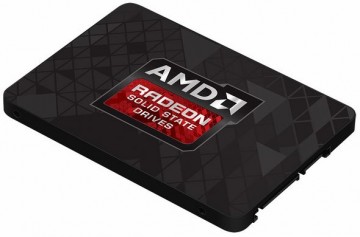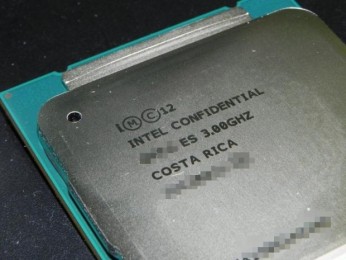 More than half of users risk their computer being hacked because they share their passwords or sign up for automatic log on to mobile apps and services.
More than half of users risk their computer being hacked because they share their passwords or sign up for automatic log on to mobile apps and services.
Research by security outfit Intercede said that while more than half of users thought security was important they putting their personal data at risk by sharing usernames and passwords with friends, family and colleagues.
The survey of 2,000 consumers also questioned whether these passwords are strong enough to protect consumers’ applications and the data they hold.
Half of respondents stated that they try and remember passwords rather than writing them down or using password management solutions, suggesting that consumers are relying on easy to remember combinations and using the same password across multiple sites and devices.
Richard Parris, CEO of Intercede said that we need so many passwords today, for social networking, email, online banking and a whole host of other things, that it’s not surprising consumers are taking shortcuts with automatic log ins and easy to remember passwords.
The research revealed that consumers are not only sharing passwords but also potentially putting their personal and sensitive information at risk by leaving themselves logged in to applications on their mobile devices, with over half of those using social media applications and email admitting that they leave themselves logged in on their mobile device.
Parris said that consumers are also compromising their bank and credit card details by selecting ‘Remember me’ or ‘Keep me signed in’ options.
Of those that use Amazon and other shopping sites, 21 per cent said they were automatically logged in, while the figures stood at 16 per cent for mobile banking and 12 per cent for PayPal.



















